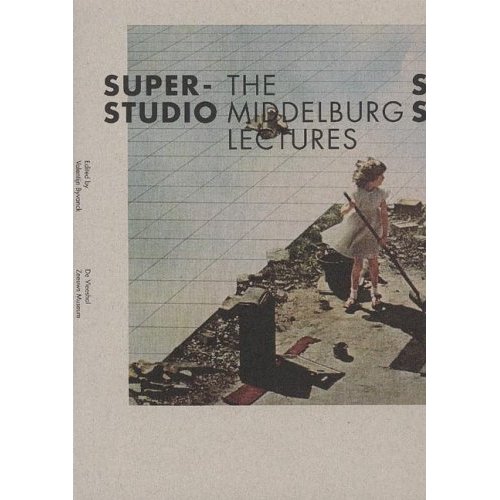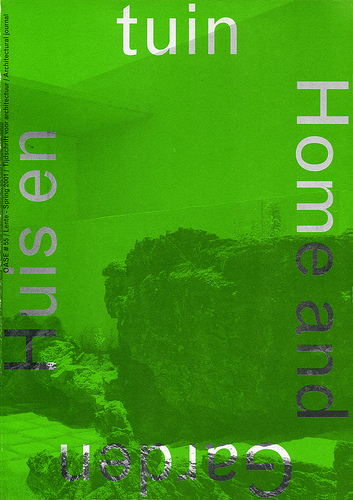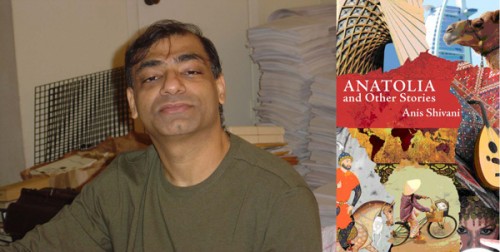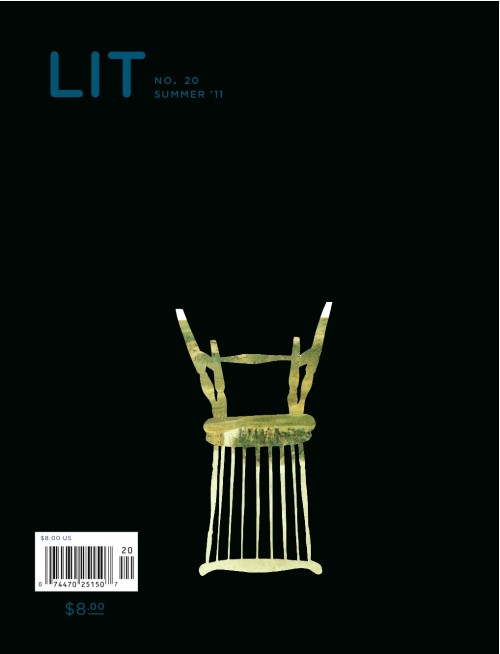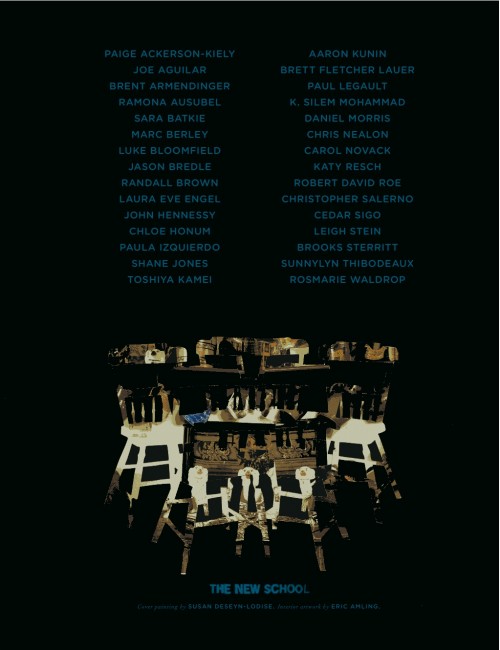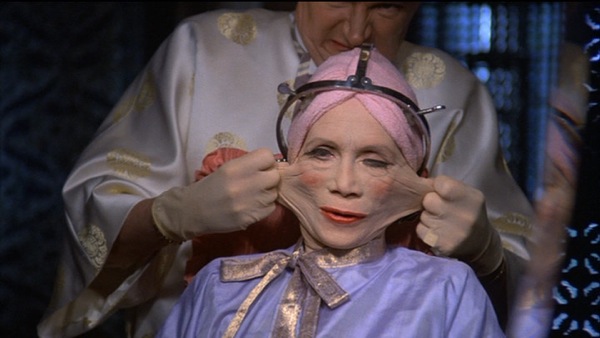Do you know what I’m tired of? Really bad cover art. I understand that when you run a small press you have limited funds and can’t pay some brilliant designer, but IDK, if you can’t create something new at least copy something good. I’m an aesthete and have no problem admitting that if a book has an awesome cover & i’ve never heard of it, I will be more likely to pick it up. Hell, if a book has an awesome cover and is some weird mathematical exploration of space I will pick it up and read it even though I formerly had no interest in mathematical explorations of space, etc. Here are 35 book/magazine/pamphlet covers that (I think) are better than most things in the world:
What author writes the best about drinking and eating? I mean so good you’re reading and your damn mouth waters.
The Screen on My Phone Broke
 Above is the last picture it took before taking on water at work today, from which it would never recover. Luckily I uploaded the captured smorgasbord before it was too late. I replaced the phone at my local Verizon retailer. Now I’ve got a classic Samsung flip-style phone. Feeling pretty retro. Like, déjà vu. This shit happened two years ago. Seriously trippy.
Above is the last picture it took before taking on water at work today, from which it would never recover. Luckily I uploaded the captured smorgasbord before it was too late. I replaced the phone at my local Verizon retailer. Now I’ve got a classic Samsung flip-style phone. Feeling pretty retro. Like, déjà vu. This shit happened two years ago. Seriously trippy.
Anyway, yesterday I received a package from out of the country containing three copies of a chapbook titled “Porn” and by “Richard Longfellow.” After some Facebook+Gmail research and hard-thinking, I determined the package to be from Jackson Nieuwland. I haven’t read it yet, but my mother did. She said it was like karaoke. Seems interesting. The chapbooks are pink and have a lot of things. I read a few words from the middle of a poem in the middle of the pamphlet yesterday, but was it like karaoke?
My dog is getting groomed right now. Right outside the house. In a van. The van pulls right up, washes the dog, cuts the dog’s hair, delivers the dog anew. It’s a deal.
I just want to take this moment to shout out to M Kitchell, I been loving David Lynch too. Rewatched Twin Peaks this month too.
And to all you out there thinking about voting for Mitt Romney, I’m just here to say, that’s cool I guess. I mean, I’m not gonna do that, but I’m not here to judge. Just out of curiosity though, are any HTMLGIANT readers Mormon? Does religion influence your vote (I mean anyone, not just Mormons)? Does anyone here even vote?
But really, don’t those hotdogs look good?
Why I Will Love David Lynch Forever
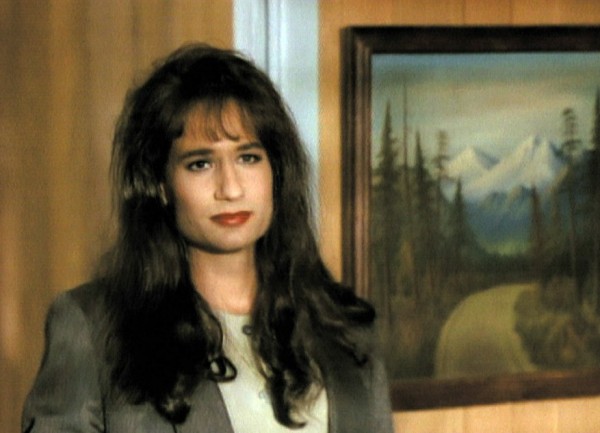
"Coop, I may be wearing a dress, but I still pull my panties on one leg at a time if you know what I mean."
I have been re-watching Twin Peaks for, literally, the first time in a decade. I first saw the series when the Season 1 DVD was released, unfortunately long before Season 2 ever saw a DVD release, on December 18th, 2001. I got the box-set for Christmas. I had never seen the series before, but in the midst of my Lynch obsession at age 15, I was pumped.
Since I’ve been re-watching it, I’ve been thinking a lot more about David Lynch than I have for years– at least since Inland Empire was released. While I know that Twin Peaks is specifically not exclusively the work of Lynch, in any sort of auteur sense, it certainly maintains a lot of elements that are specific to his aesthetics, and the episodes he himself directed are certainly the best of the series. The point is, I’ve been thinking about how awesome David Lynch is, and how really he is sort of the only ‘dark cult figure’ that I can still deal with after decades of obsession & attempting to navigate ‘fanboy’ culture (which, for the record, any sort of genre-based fanboy culture–actually just make that any sort of fanboy culture in general–is pretty much the most annoying thing in the world; I can no longer deal with the cult of Werner Herzog due to his incessant pandering & the caricature of himself that he’s fallen into (and the fact that Klaus Kinski is 100x more awesome than Herzog while Herzog gets all the credit majorly pisses me off)). Anyway, the point is I’ve made a list of why I will love David Lynch forever.
1. David Lynch understands the idea that films are more than just a representational narrative, rather, they are experiences in their own right.
2. David Lynch is not afraid of unwavering intensity. In fact, he loves it, and uses it to a very strong degree. Within the first season of Twin Peaks, made for prime-time network television, after establish a jovial tone filled with the lower-middle class & hat-tips to coffee and pie (“americana”), there are strobe lights, sexual perversions, and intense screaming & crying. This is not Lynch pandering towards “revealing the dark underbelly of suburbia”– maybe that is what Blue Velvet did, but I’d argue it’s more likely that Lynch is just prone to exploring this intensity in various environments (which if you ask me, the rest of his filmography seems to prove).
READ MORE >
A Conversation With Anis Shivani
I am always fascinated by people with whom I disagree, vehemently and sometimes violently, about matters of mutual interest. I have read some of the literary criticism Anis Shivani has written for The Huffington Post and in other venues and regardless of his subject matter, I always have a reaction, usually a reaction that is anything but subdued. Nine times out of ten, I disagree with what Shivani has to say about everything and anything. I suppose that is the mark of a critic who is doing their job effectively–inspiring a reaction, a conversation, a response to their ideas. I am especially curious about what makes Shivani tick because he seems so committed to his opinions on the one hand, and so committed to provocation on the other, though, as you’ll see, he would disagree with that latter statement. I don’t know that you can ever really know how someone thinks or what motivates them but I asked Shivani a few questions about contemporary literature, criticism, the role of the critic, and how he approaches his critical work. He had, as you might imagine, a great deal to say and I disagreed, as you might imagine, with much of what he had to say but as ever, I had a reaction, a response and we had an interesting conversation.
You do a lot as a writer–fiction, poetry, criticism. What is your first love?
Fiction has always been my first love. I write criticism to learn more about fiction. I could also easily have devoted myself to poetry, but although poetry is satisfying in its way, only in fiction does my soul fully engage. There’s no rush like writing fiction, and I can’t do it on autopilot, as it’s possible to do with criticism or even poetry at times. The feeling of euphoria and satisfaction from writing fiction is incomparable. Writing a successful novel is a great challenge, and you have to be a bit of a poet, a bit of a critic, a bit of a dramatist, a bit of a philosopher, a bit of a social scientist, to pull it off. Writing long poems is more exciting than short lyrics, but then one needs a lot of commitment for that. I’m in two minds about having written so many stories early in my career; on the whole perhaps it was a net loss, because I didn’t spend that precious time writing novels. The economics of publishing dictated that I write short stories for many years and get them published in the literary journals, but the story requires a different mindset than a novel and it’s difficult to get the story’s habits out of the mind when one is writing a novel. It teaches compression, which is both a virtue and a fault.
It’s only an unfortunate specialization that limits writers to operating within narrow genres—short stories about a specific region and milieu, for example, or novels dedicated to the same few characters, or lyrical poems relentlessly exploring one’s own ethnicity or geography—otherwise writers in other countries still write in different genres at the same time, and this has always been the case since the beginning of time—until, that is, the academic specialization of literary writing under university patronage in the U.S. in the late twentieth century. I think writers should see themselves as workers in the broad field of the arts—including even Hollywood or popular music, and certainly what used to be called literary journalism in every possible genre. Anything to break the rut, to push the mind toward new challenges so that writing doesn’t fall into preestablished grooves—which is very easy to do, based on the successful formulas in existence. Film is a particularly fruitful cross-fertilizer, as is painting. Really, the arts cannot function in isolation and shouldn’t be practiced and critiqued that way. It’s only unprecedented specialization that has created this unnatural situation, and the writer must be very conscious of that and work hard to break down the false institutional barriers preventing a catholicity, even eccentricity, of interests. The mind desires to switch between different levels of intuition and emotion and logic and these desires should be fed.
June 22nd, 2011 / 4:39 pm
Brazil is on @Max right now
Do you guys like that movie?
Do you guys have a premium movie channel package?
Do you guys watch Max After Dark, i.e., Skinemax?
I mean, how was your day?
yesterday it was golf wang, tomorrow it’s to be DEATH GRIPS
httpv://www.youtube.com/watch?v=Orlbo9WkZ2E
Borders is drunk
Just looking at this spam email Borders sent out in the night, trying to sell, wine. Just looking at it.

